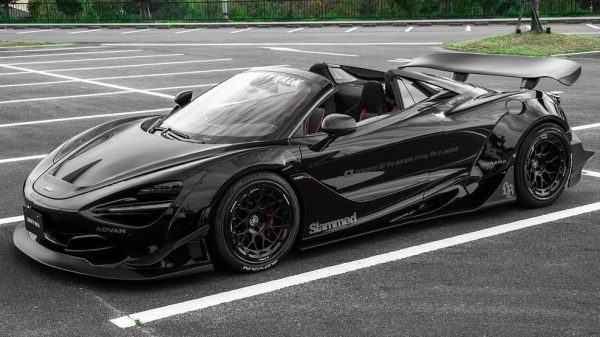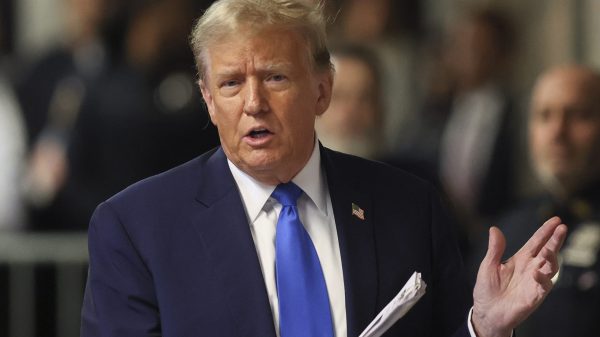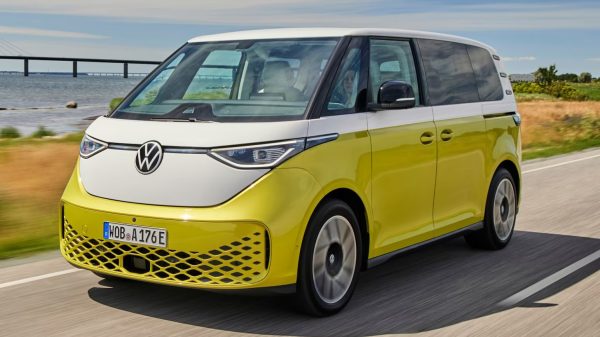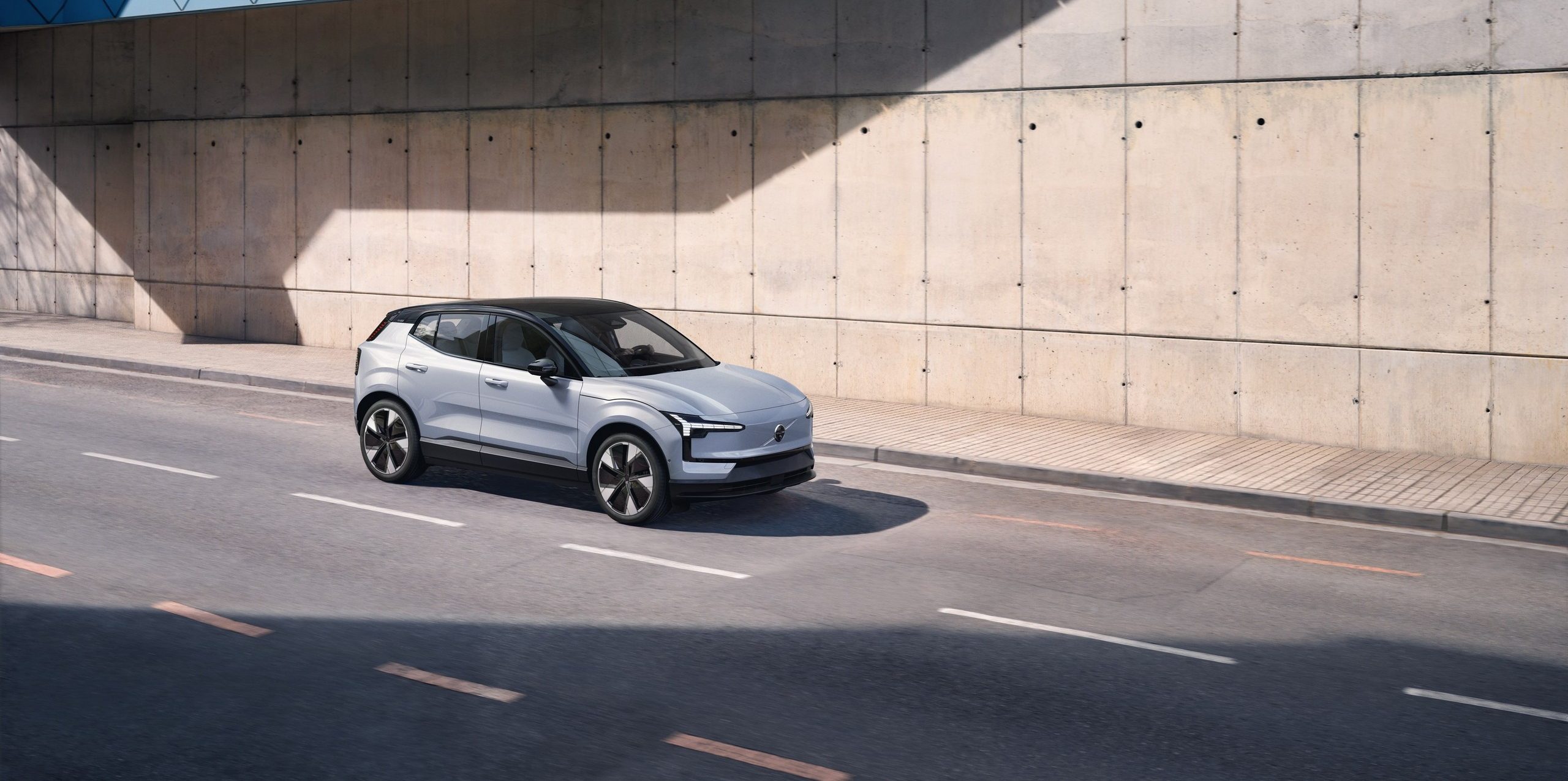Boasting a compelling combination of affordability and performance, the Volvo EX30 electric SUV quickly captured consumer attention following its introduction last year. Originally scheduled to hit American roads in 2024, Volvo has since announced a delay in US deliveries until 2025.
This shift in plans comes on the heels of the US government’s recent decision to impose significant tariffs on imported goods, including a staggering 100% tax increase on electric vehicles manufactured in China.
While Chinese-made EVs haven’t traditionally held a dominant position in the US market, Volvo, alongside its Geely-owned affiliate Polestar, stands to be heavily affected by this policy change.
Previously facing a 25% tariff on Chinese-built electric vehicles, the new 100% tax makes importing the EX30 into the US economically prohibitive at present.
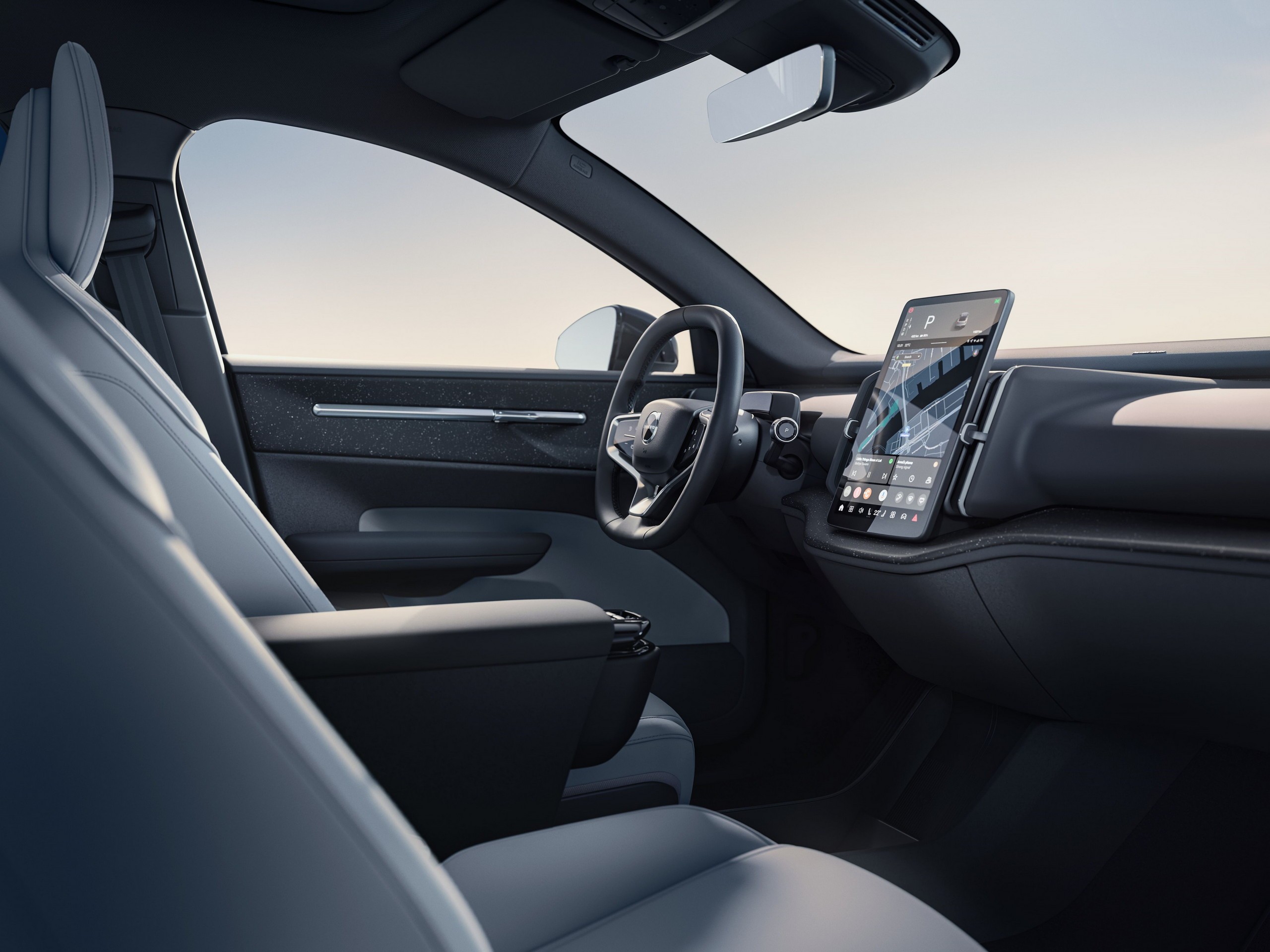
Volvo EX30 Electric SUV (Volvo)
This situation presents a challenge for both Volvo and US consumers who were eagerly anticipating the arrival of this exciting electric option.
A hefty 100% tariff on Chinese imports would have inflated the starting price to a staggering $56,000, far exceeding even the most expensive Tesla Model Y before tax credits.
To avoid this fate, Volvo opted to delay the US launch and shift production to their Ghent, Belgium factory. This ensures the EX30 remains accessible to American buyers, but likely at a higher cost compared to the initial Chinese-made version.
The question remains: will the EX30 hold its appeal in a more competitive 2025 market? General Motors is poised to launch the Chevrolet Equinox EV, boasting a similar $35,000 starting price and potentially qualifying for the $7,500 tax credit. With a projected range exceeding the EX30’s 275 miles, the feature-packed Volvo might face steeper competition on the value front.





